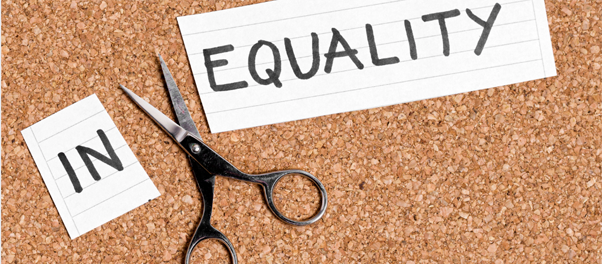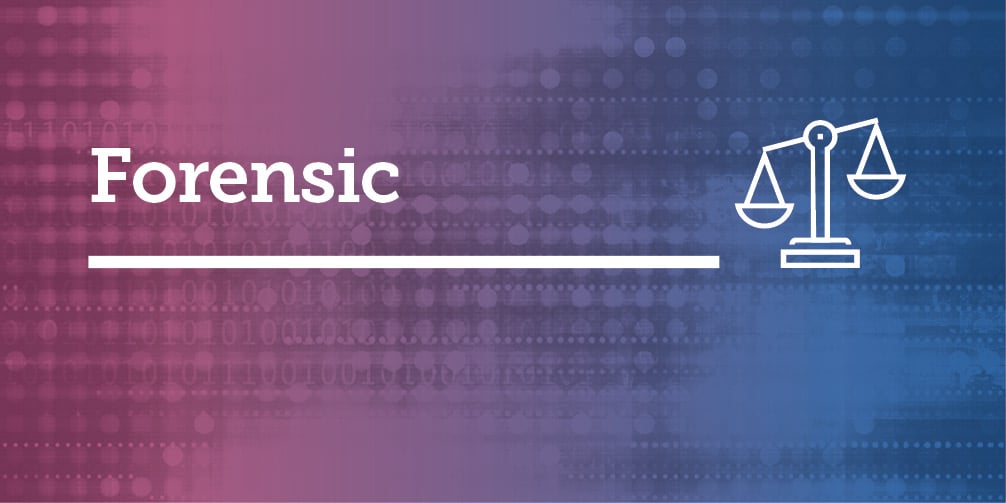Mental Health Challenges After Incarceration
Incarceration often exacerbates pre-existing mental health conditions or creates new ones. The lack of adequate mental health care in prisons, coupled with the trauma of confinement, can lead to anxiety, depression, and PTSD. Upon release, formerly incarcerated individuals frequently encounter limited access to mental health services, which can hinder their reintegration into society. Addressing these challenges requires investment in accessible, community-based mental health care tailored to the unique experiences of formerly incarcerated individuals.
Barriers to Employment for Formerly Incarcerated Individuals
Securing a stable job is one of the biggest hurdles for people re-entering society. Criminal records often disqualify individuals from employment opportunities, even for low-skill jobs. The stigma surrounding incarceration can deter employers, creating cycles of poverty and recidivism. Policies such as "ban the box" initiatives, which delay inquiries about criminal records until later in the hiring process, and skills training programs during incarceration can help remove these barriers and promote long-term economic stability.
Family Disruption from Incarceration
Incarceration doesn’t just affect the individual—it can fracture families. Children of incarcerated parents often experience emotional and financial instability, leading to developmental challenges. Relationships between spouses and extended family members may also suffer due to prolonged separation and the stigma of incarceration. Supporting family connections through programs that allow regular visitation, phone calls, and re-entry services can help rebuild familial bonds after incarceration.
Systemic Inequality and Incarceration
Mass incarceration disproportionately impacts marginalized communities, reflecting more profound systemic inequalities. Communities of color and low-income populations face higher arrest rates and harsher sentencing for similar offenses compared to their white, affluent counterparts. Addressing these disparities requires systemic change, including revising sentencing laws, addressing racial biases in policing, and investing in social services like education and housing in underserved communities.
Breaking the Cycle of Incarceration
Breaking the cycle of incarceration requires more than individual effort—it demands systemic reform. Effective re-entry programs, education and job training during imprisonment, and access to housing post-release are essential. Additionally, addressing underlying societal issues, such as poverty and addiction, can prevent incarceration in the first place. Community-based alternatives to incarceration, like restorative justice programs, have shown promise in reducing recidivism while fostering accountability and healing.
Criminal Justice Reform Solutions
To mitigate the long-term effects of incarceration, comprehensive criminal justice reform solutions are essential.
- Sentencing reform to reduce over-incarceration, especially for nonviolent offenses.
- Expanding access to diversion programs that prioritize treatment and education over punishment.
- Eliminating cash bail systems that disproportionately affect low-income individuals.
- Funding for re-entry services includes job training, housing assistance, and mental health care.
Conclusion
The long-term effects of incarceration touch nearly every aspect of life for individuals, families, and communities. By addressing mental health challenges, eliminating barriers to employment, and repairing family disruption, society can begin to confront the broader issues of systemic inequality and mass incarceration. Only through sustained criminal justice reform and community investment can we truly break the cycle of incarceration and build a fairer, more equitable future.
Additional Resources
- Unlocking Wellness Behind the Bars: Illuminating the Struggles and Triumphs of Mental Health in Prisons
- Destigmatizing Mental Health in Prisons
- Prison and Mental Health Reform
Training
- Incarcerated Transgender Residents: Considerations for Assessment, Management, and Intervention
- Careers in Correctional Mental Health
- Traditional Forms of Community Supervision and Interventions Offered
- Correctional Mental Health
Research
























